One of the joys of travelling to outposts of the Anglosphere is that it’s often much more British than Britain. Sydney — despite trying all too successfully to look like Shanghai — is still haunted by the ghost of a great English Edwardian city. Locals are baffled (and perhaps irritated) as I stop to gaze in loving wonder at the Town Hall, a perfect expression of civic pride which ought to be surrounded by trams and full of portly aldermen.
Already a subscriber? Log in
Subscribe for just $2 a week
Try a month of The Spectator Australia absolutely free and without commitment. Not only that but – if you choose to continue – you’ll pay just $2 a week for your first year.
- Unlimited access to spectator.com.au and app
- The weekly edition on the Spectator Australia app
- Spectator podcasts and newsletters
- Full access to spectator.co.uk
Unlock this article
Peter Hitchens is an author and a columnist for the London Mail on Sunday, and was a speaker at the Festival of Dangerous Ideas, where he argued that the alleged ‘War on Drugs’ has never actually taken place.
You might disagree with half of it, but you’ll enjoy reading all of it. Try your first month for free, then just $2 a week for the remainder of your first year.

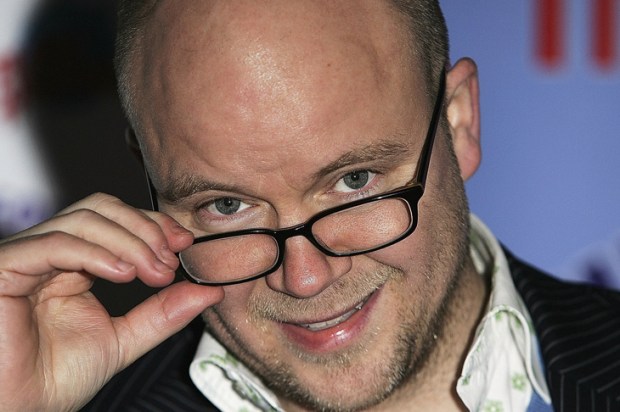
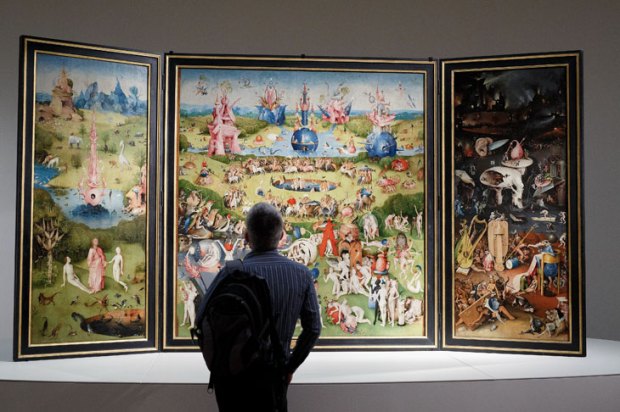
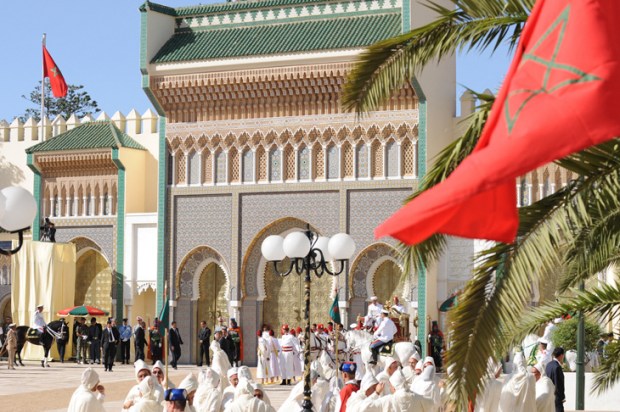
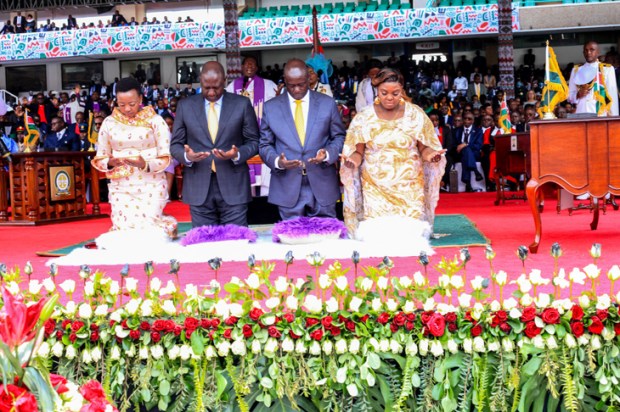
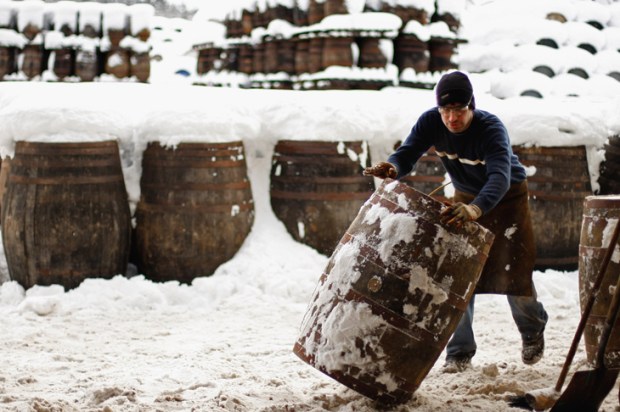
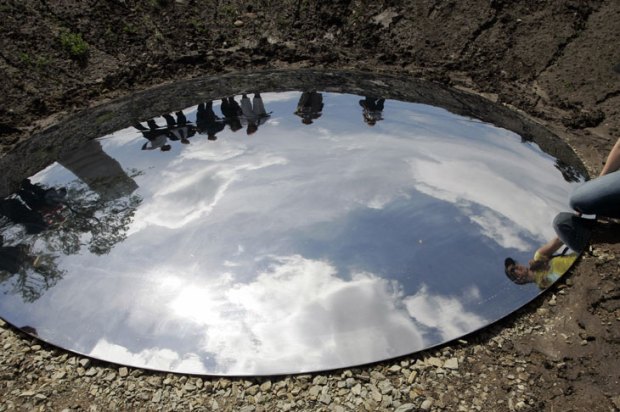






Comments
Don't miss out
Join the conversation with other Spectator Australia readers. Subscribe to leave a comment.
SUBSCRIBEAlready a subscriber? Log in